From Joseph Earp at THE UNDERLOOK:
Depraved, like most of Larry Fessenden’s films, starts out as a story that you definitely know: a tormented man named Henry (David Call) assembles a pile of dead bodies and — with a jolt of electricity — brings the mess of flesh to life.
So yes, this is Fessenden’s Frankenstein picture, and like James Whale before him, the New York-based auteur has a lot on his mind about the nature of mortality, art, and the existential terror that comes when you’ve replaced gods with scientists.
But unlike Whale, Fessenden doesn’t have to worry about rushing to his big final setpiece. Fessenden gets to the burning mill eventually, of course — or at least, his version of it — and one of the great pleasures of the film is guessing when it will click into the grooves of Mary Shelley’s story. Yet, for the most part, the film is remarkably bloodless. It’s almost painterly, as Adam (Alex Breaux), the reanimated monster at the heart of the film, visits art galleries, discovers drugs, and is slowly introduced to the pleasures and pains of life. Which of course, is the other Fessenden trademark: a constant sense of surprise.
Depraved has enough to say about the nature of art — and the people who fund it — that it can’t help feeling autobiographical, at least in an oblique sense. But this is no navel-gazing work of self-obsession. Instead, it’s a remarkably open-minded film, one fascinated with people, and ultimately convinced, despite everything else, that they can be good.
The resulting film isn’t just one of Fessenden’s most astounding projects. It’s one of the most unexpectedly extraordinary American movies of the last ten years. That sounds faintly ridiculous to say of a film that opens with a brutal murder and closes with a ten minute climax of pure, fiery destruction. But hasn’t that always been the magic trick of Larry Fessenden? Stripping the recognisable of its parts, until suddenly everything is new, and fresh, and wonderful.
It’s a masterpiece, basically. I talked to Fesenden about it.

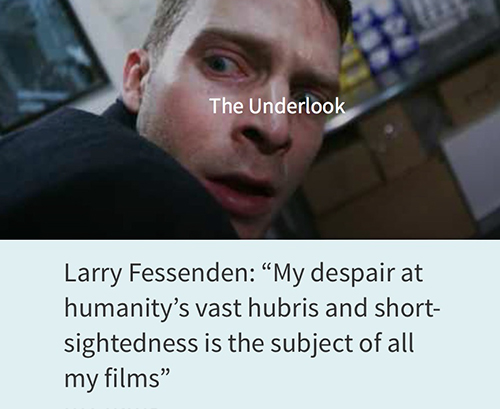
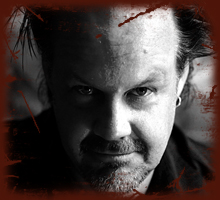
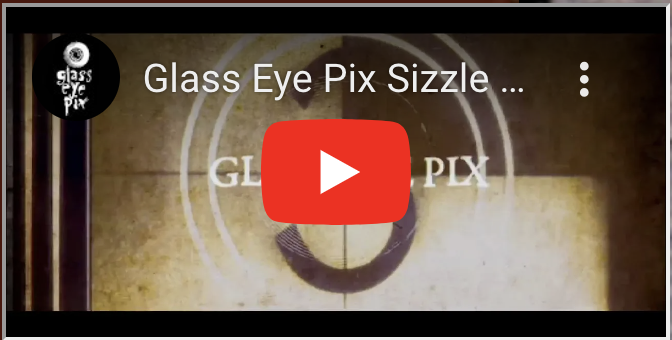
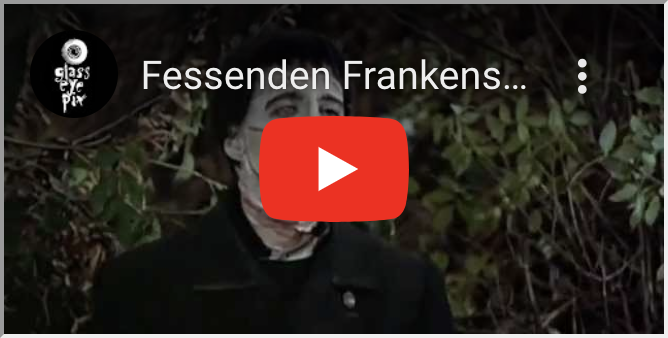



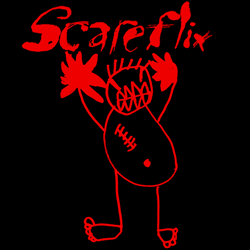

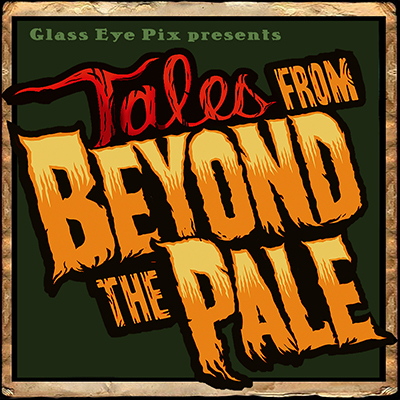

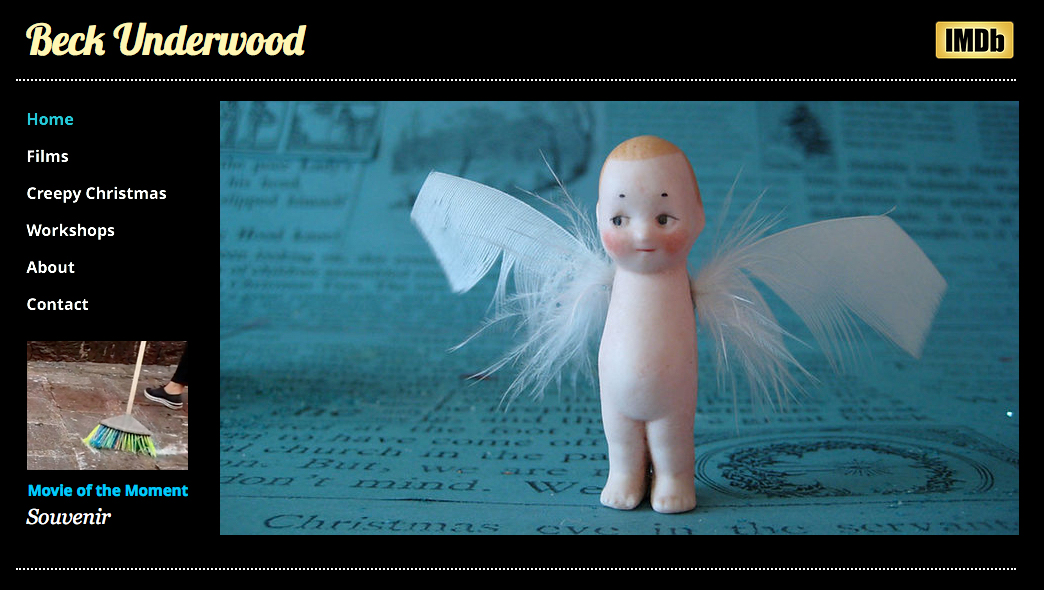
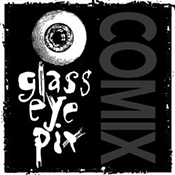
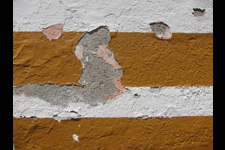




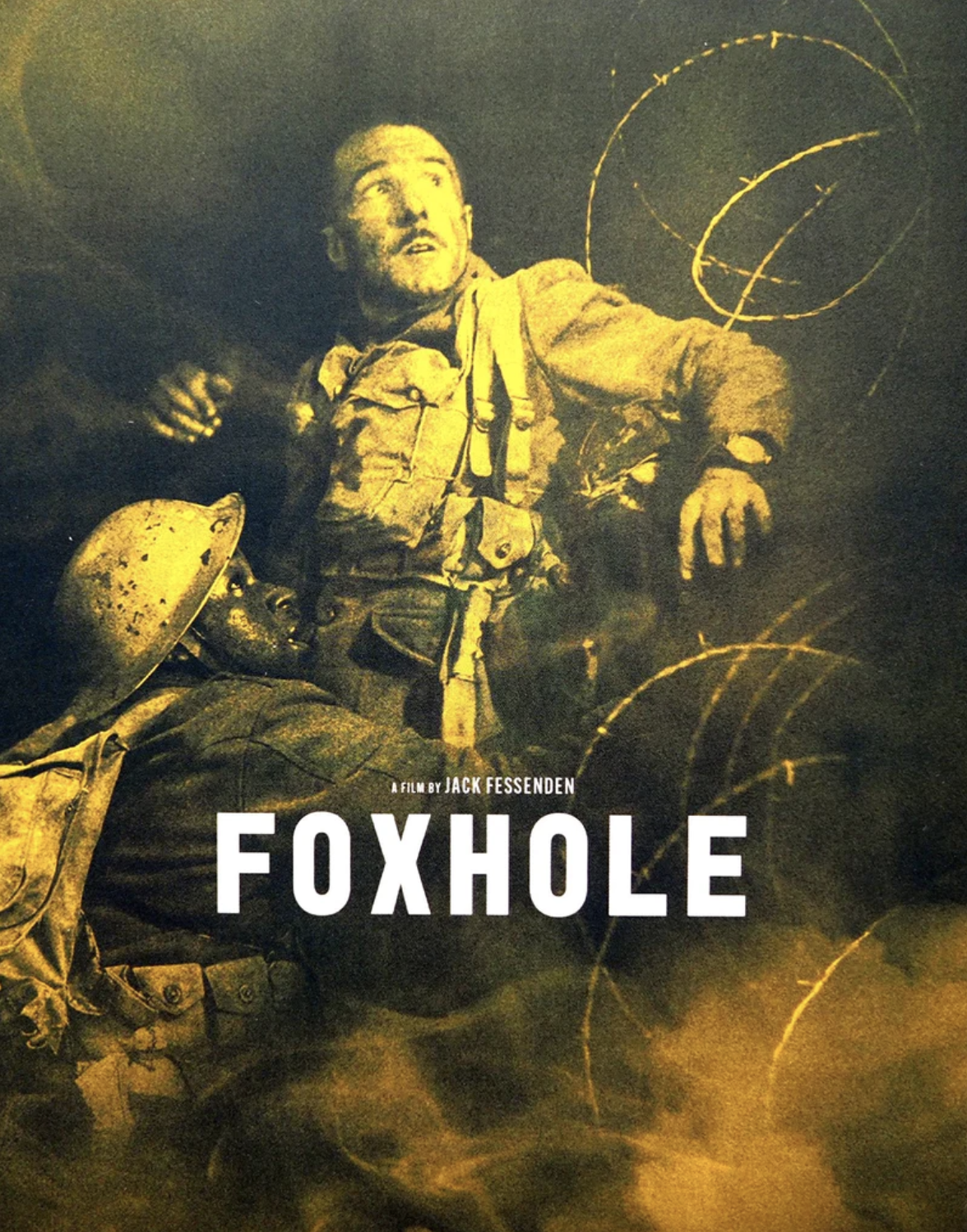
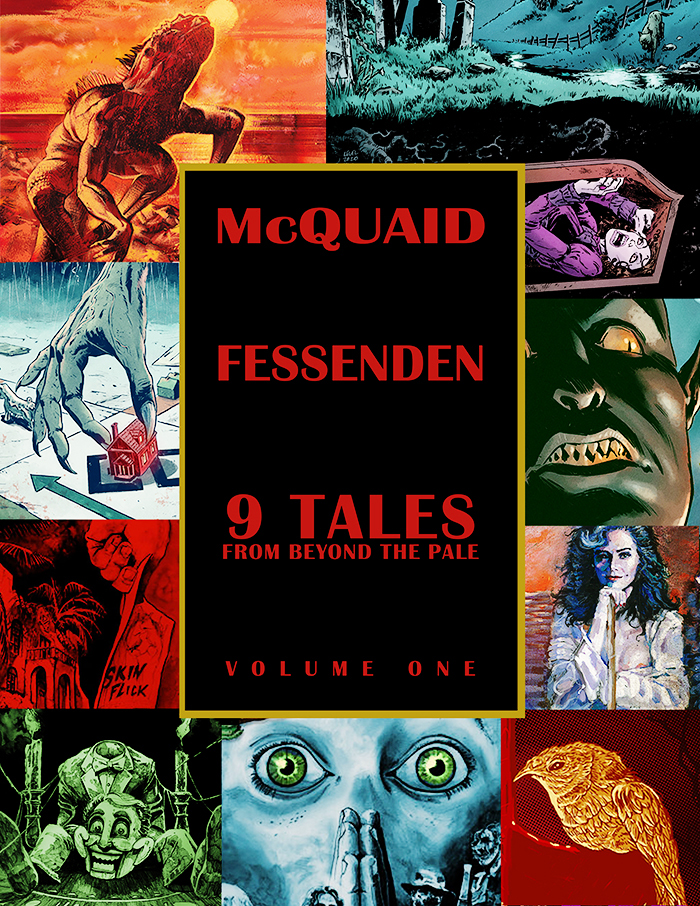
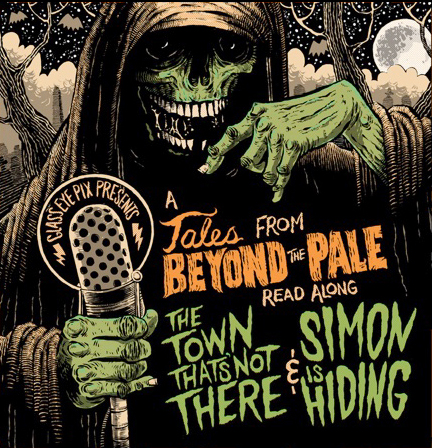
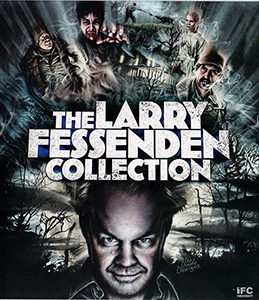
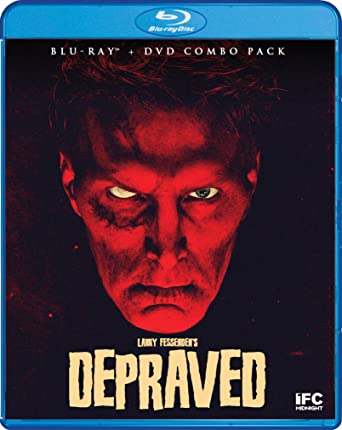
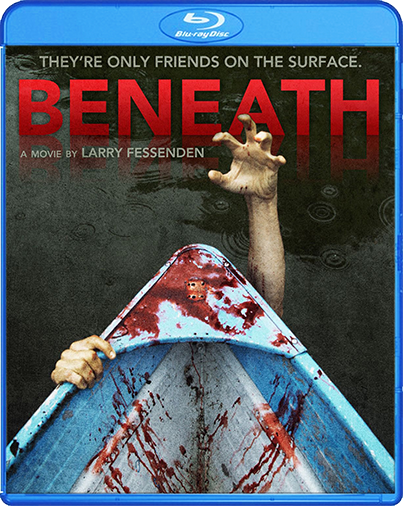
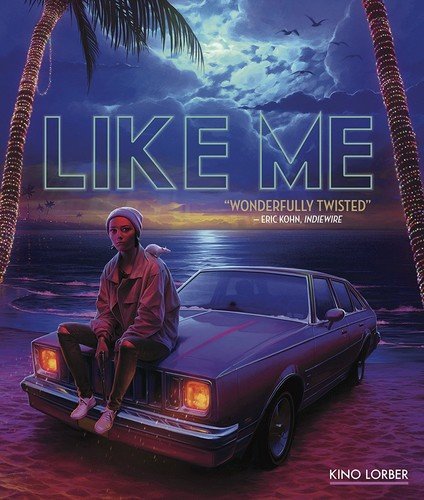
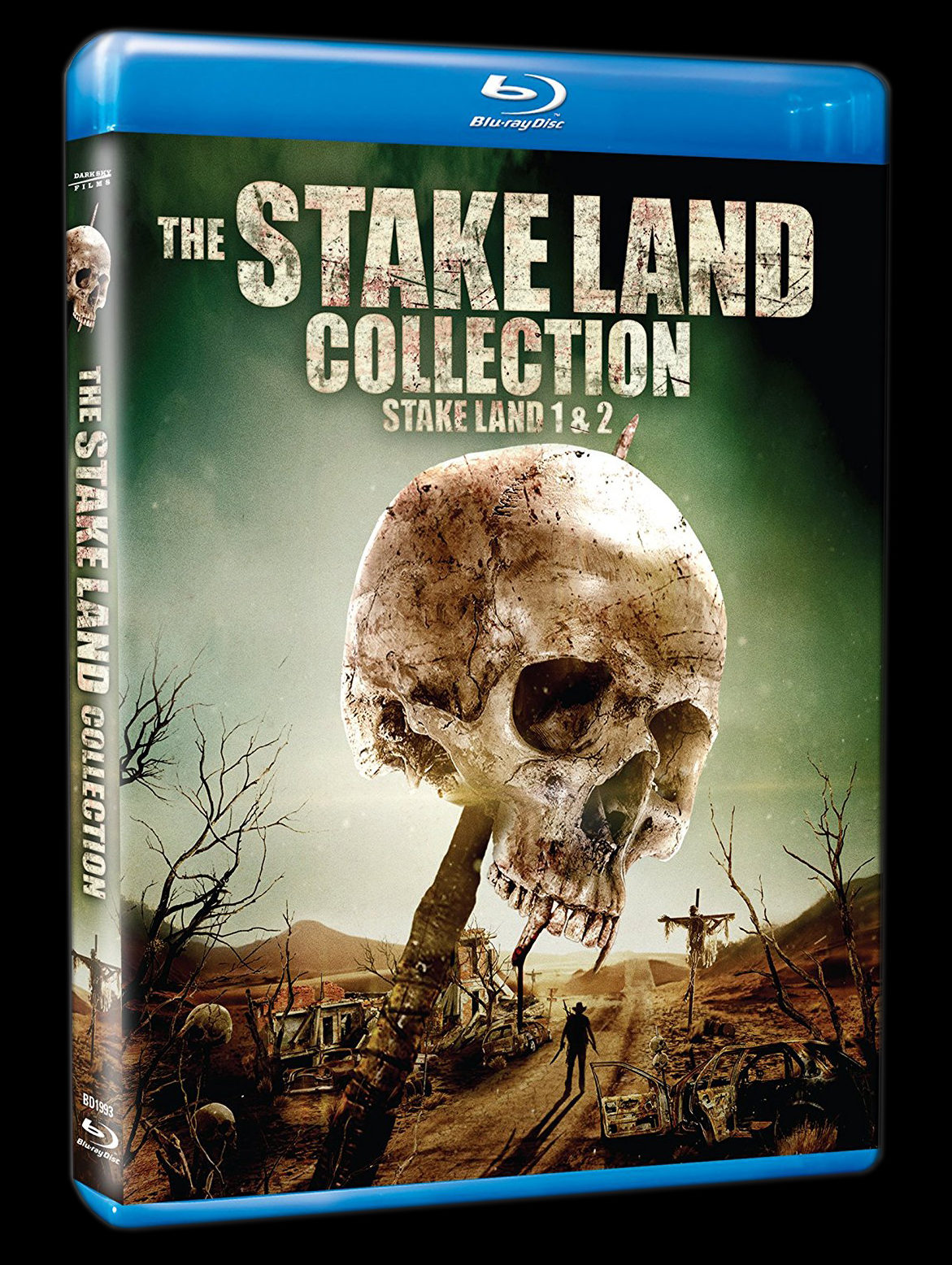
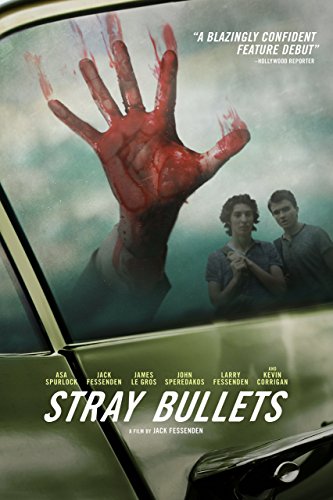
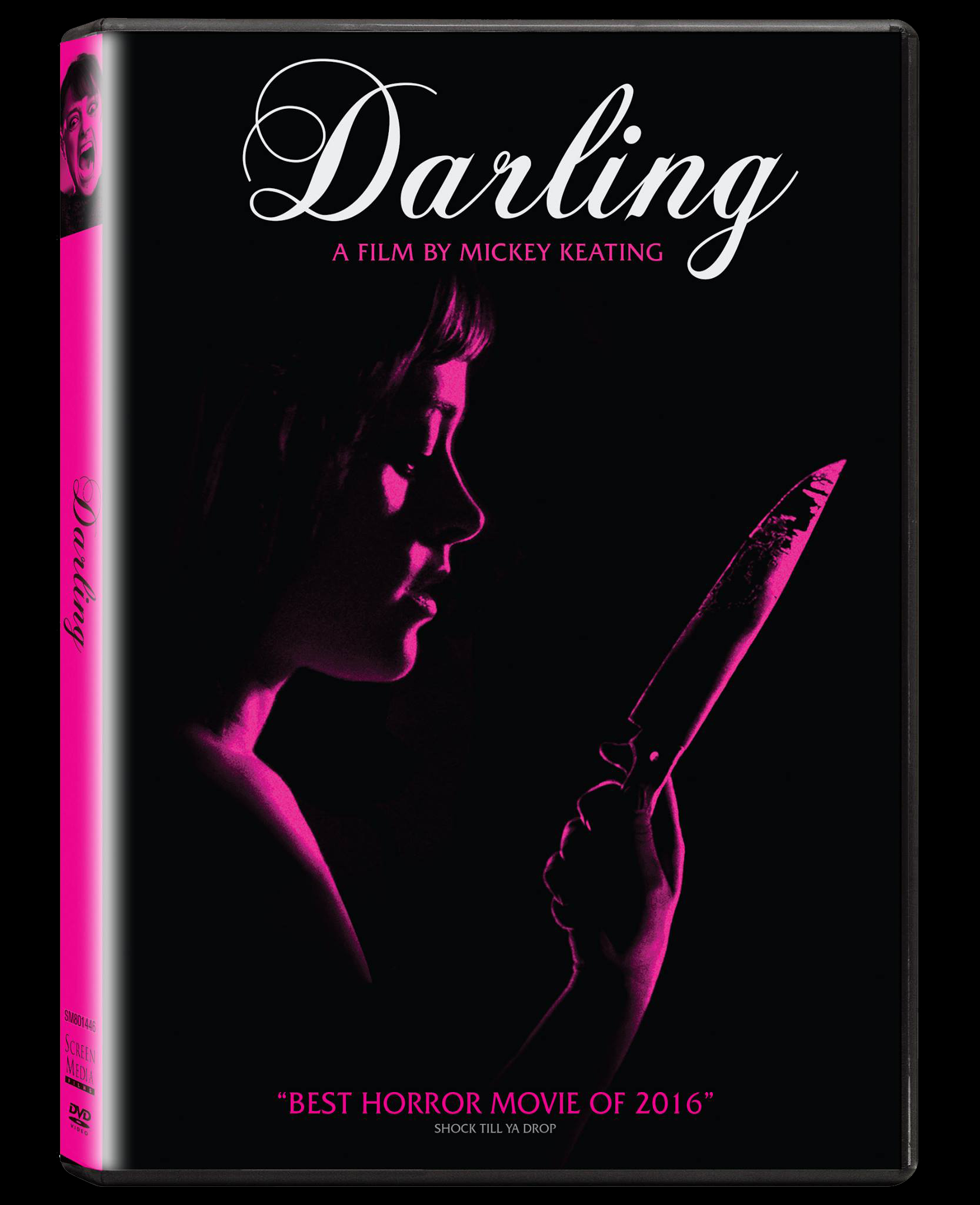
Add a comment